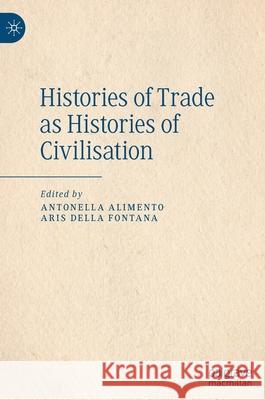Histories of Trade as Histories of Civilisation » książka
topmenu
Histories of Trade as Histories of Civilisation
ISBN-13: 9783030800864 / Angielski / Twarda / 2021 / 231 str.
Histories of Trade as Histories of Civilisation
ISBN-13: 9783030800864 / Angielski / Twarda / 2021 / 231 str.
cena 603,81
(netto: 575,06 VAT: 5%)
Najniższa cena z 30 dni: 578,30
(netto: 575,06 VAT: 5%)
Najniższa cena z 30 dni: 578,30
Termin realizacji zamówienia:
ok. 22 dni roboczych
Dostawa w 2026 r.
ok. 22 dni roboczych
Dostawa w 2026 r.
Darmowa dostawa!
Kategorie BISAC:
Wydawca:
Palgrave MacMillan
Język:
Angielski
ISBN-13:
9783030800864
Rok wydania:
2021
Wydanie:
2021
Ilość stron:
231
Waga:
0.59 kg
Wymiary:
21.01 x 14.81 x 2.24
Oprawa:
Twarda
Wolumenów:
01
Dodatkowe informacje:
Wydanie ilustrowane











